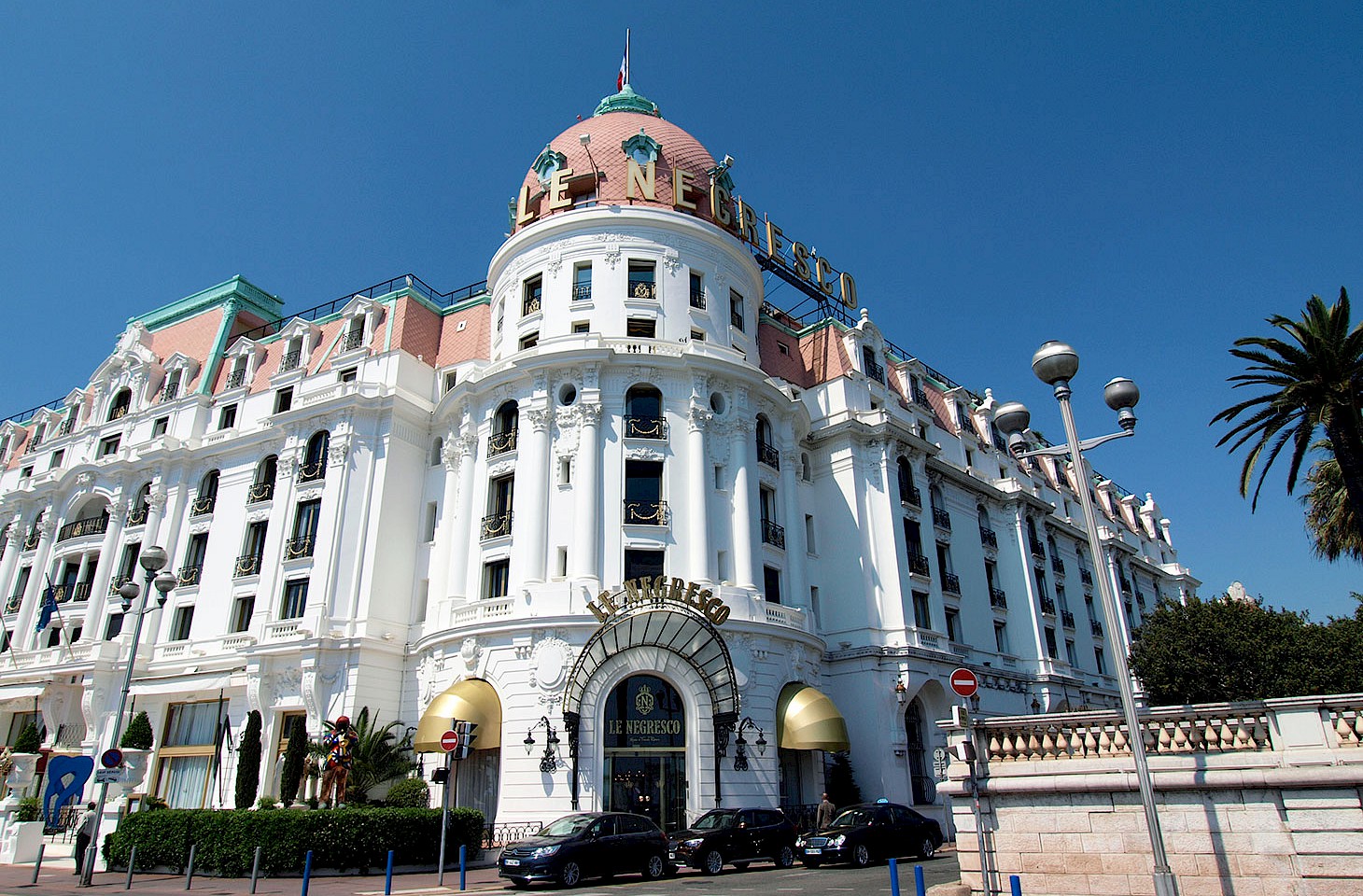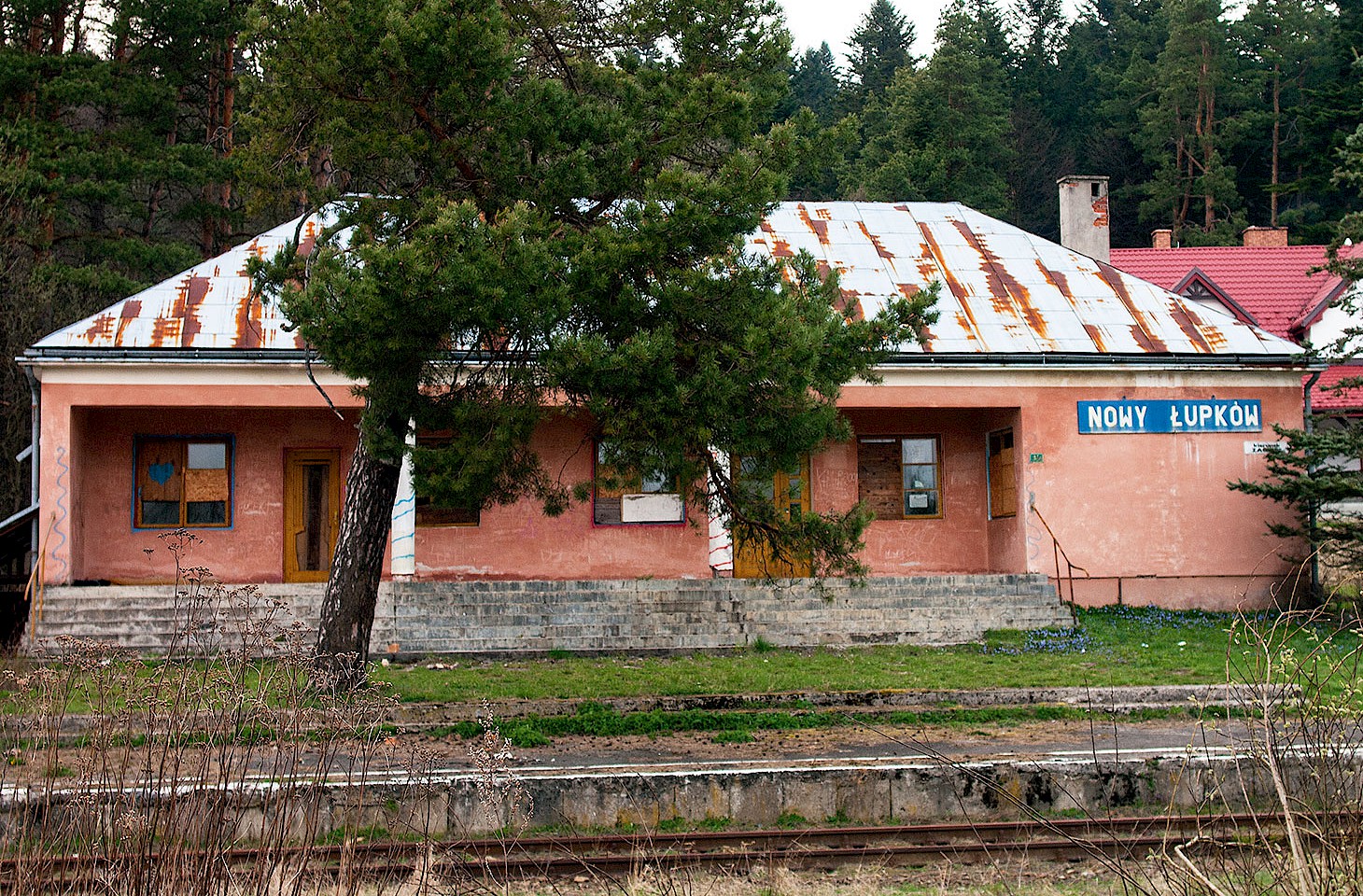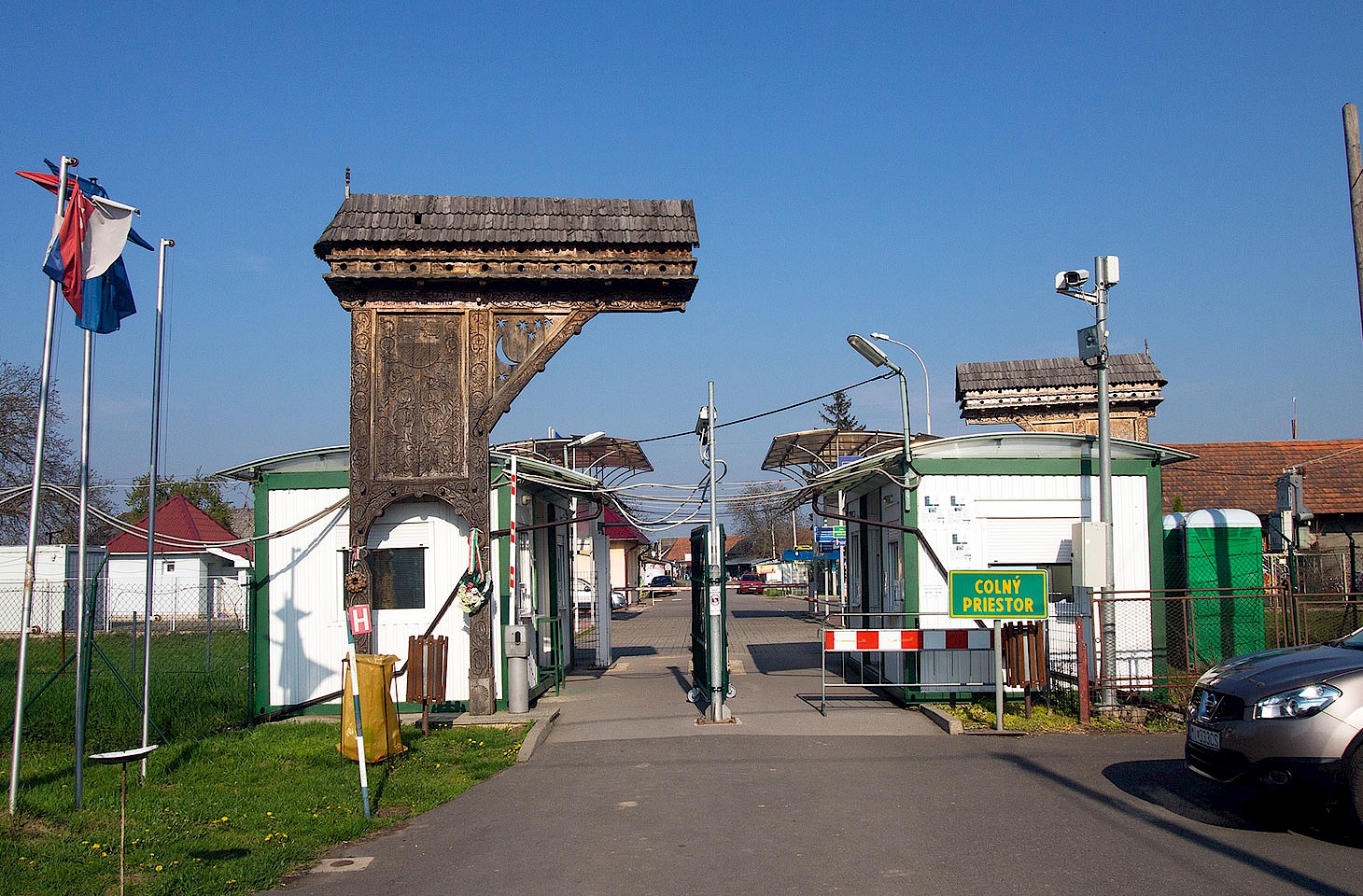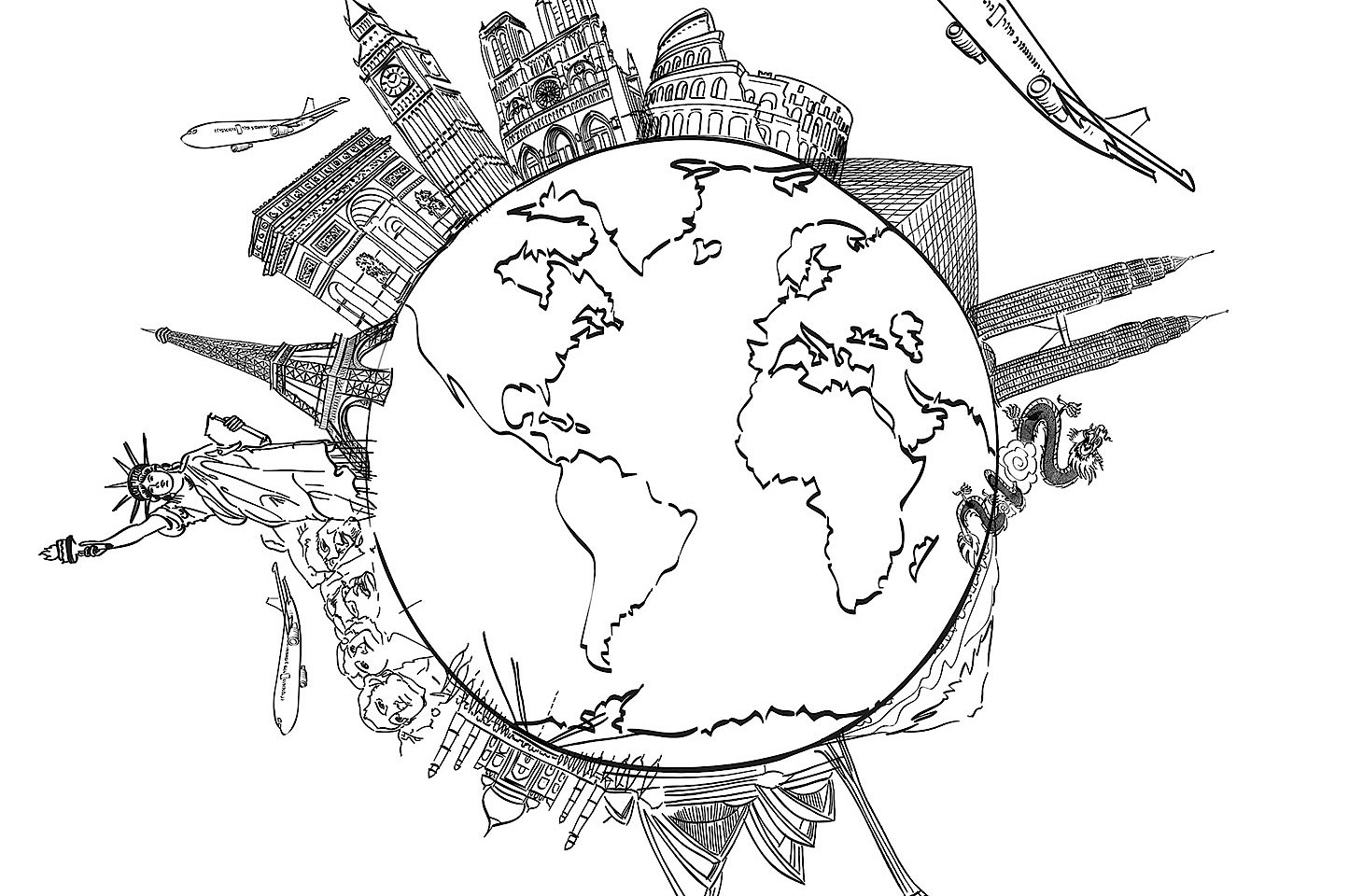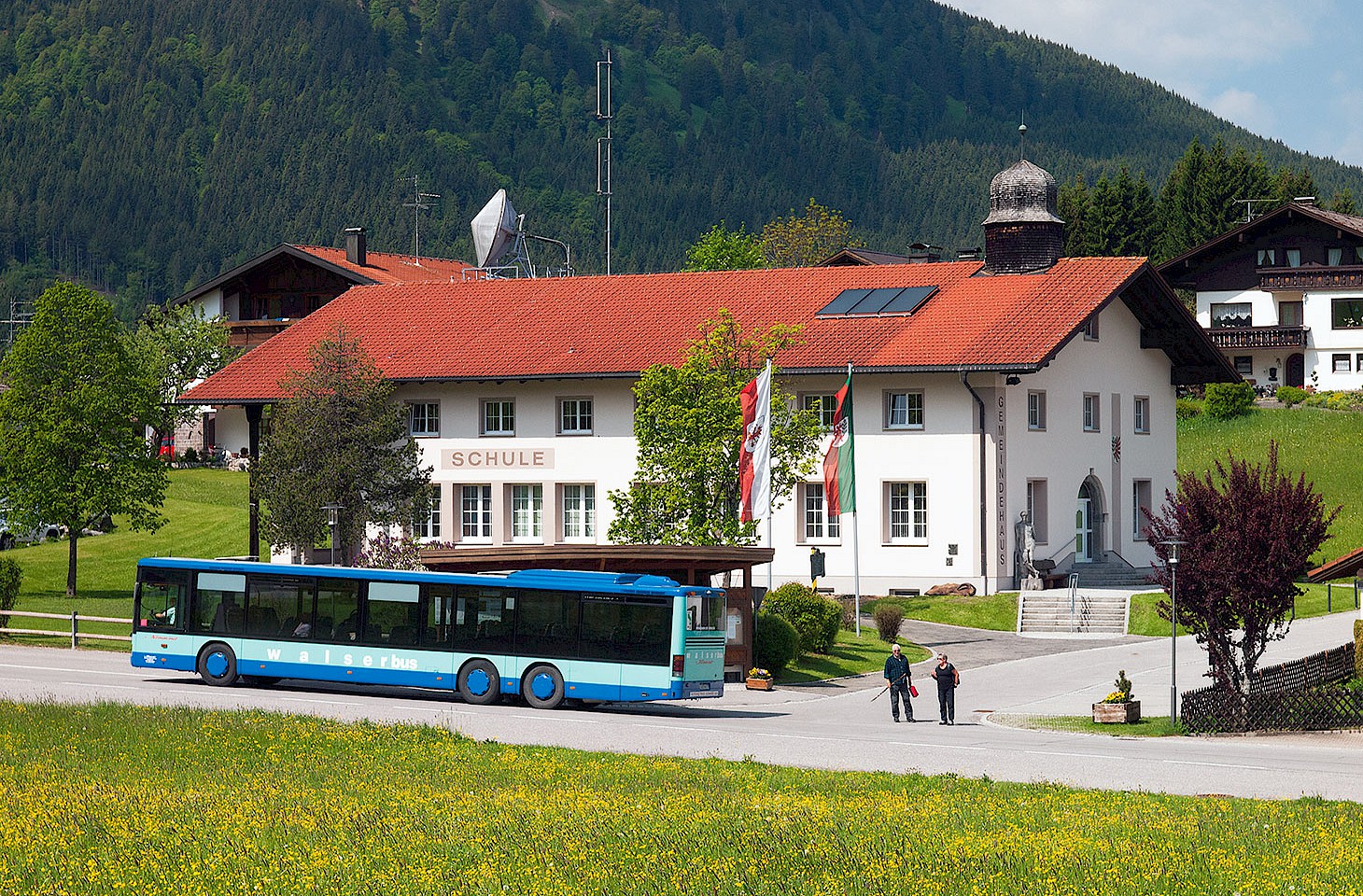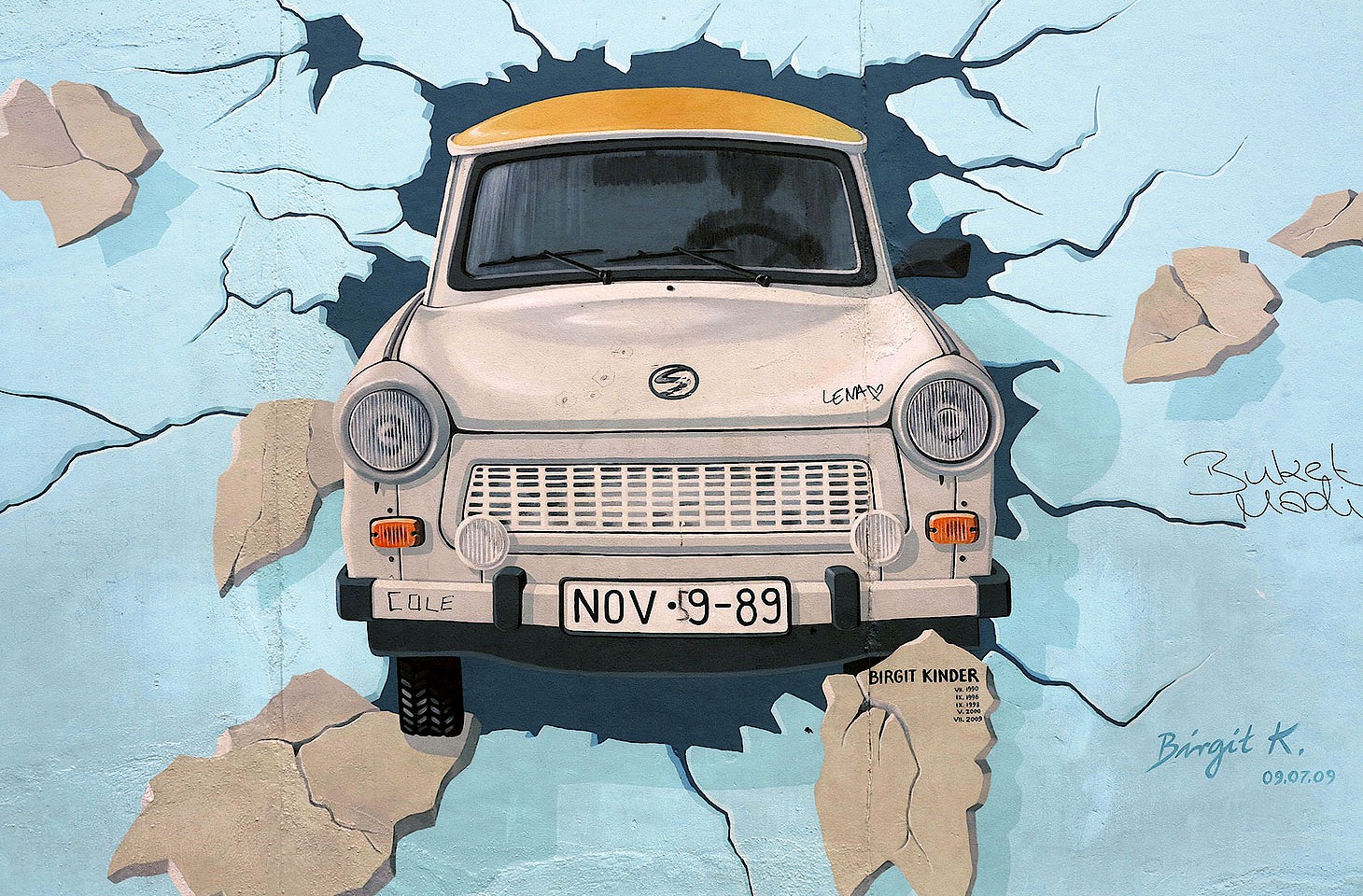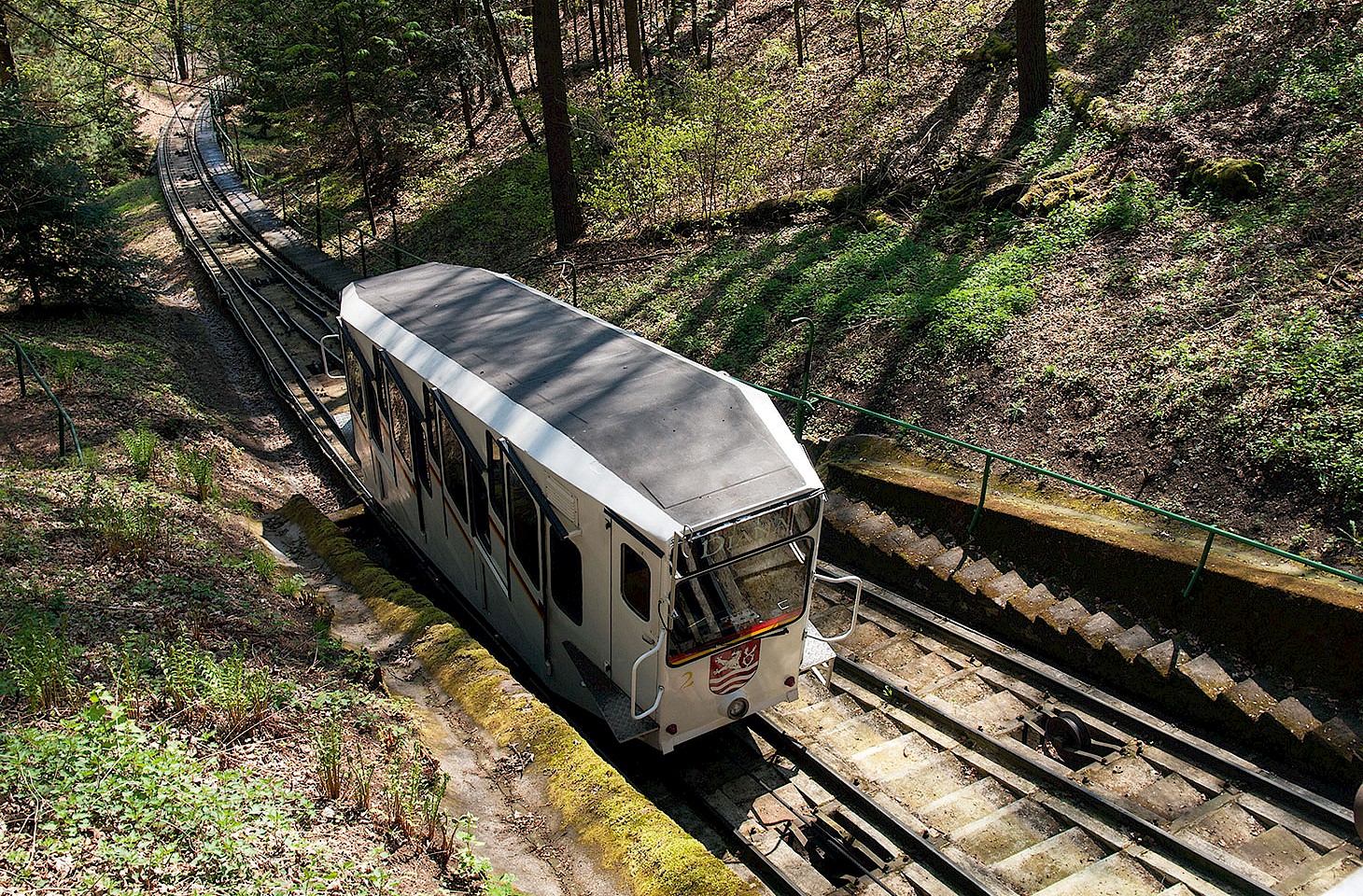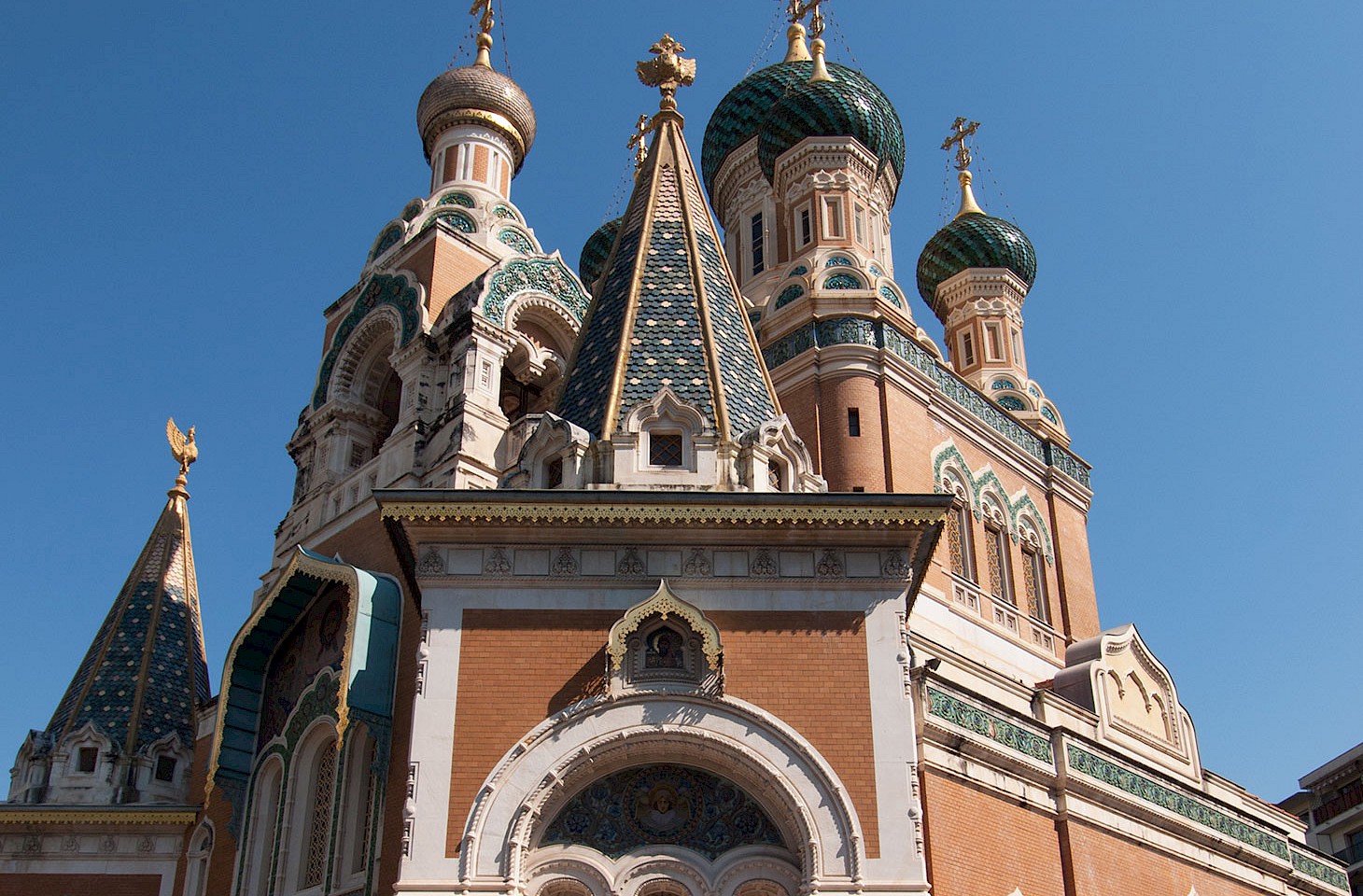Welcome to hidden europe 43. “Do not rush on your journey,” implores Cavafy. That’s a lesson we have taken to heart in hidden europe. We skip the fast train and avoid main highways, instead favouring the slow train and meandering back lanes. It is a way of handling journeys, but it’s also a way of handling life. This issue of hidden europe reveals the fruits of lingering.
hidden europe 43
Welcome to hidden europe 43, in which we explore aspects of Carpathian life and landscapes and cross the border from Slovakia into Ukraine at Slemence.
We also, taste 'smashed' salt in Macedonia, visit the Bosnian town of Visegrad, portrayed in Ivo Andric's novel The Bridge on the Drina, reflect on issues of ethics and integrity in travel writing, take the pulse of Russian life on the Riviera and visit a village that has both a German and an Austrian postal code.
Picture above:
Wooden church in the spa town of Bardejovské Kúpele in north-east Slovakia (photo © hidden europe).
Summary
Welcome to hidden europe 43, in which we explore aspects of Carpathian life and landscapes and cross the border from Slovakia into Ukraine at Slemence.
We also, taste 'smashed' salt in Macedonia, visit the Bosnian town of Visegrad, portrayed in Ivo Andric's novel The Bridge on the Drina, reflect on issues of ethics and integrity in travel writing, take the pulse of Russian life on the Riviera and visit a village that has both a German and an Austrian postal code.
The humblest homes in many villages in the Carpathians are built of wood. So, too, are the grandest buildings - almost invariably the church. Wood has its own benign beauty, and it is the carrier of tradition. We explore the wooden architecture of that part of the Carpathian region which lies to the east of the High Tatras.
The Macedonian town of Kratovo is by-passed by most travellers exploring the southern Balkans. But guest contributor Chris Deliso took time to discover the town which was once an important mining centre. Join us as we walk over the bridges of Kratovo and find a community which is trying to reinvent itself.
Russia's love affair with the French Riviera (and the adjacent Ligurian coastal littoral to the east) has been one of Europe's defining cultural interactions of the last 200 years. We take at look at how Russian visitors have helped shape Riviera life.
Ivo Andric's book The Bridge on the Drina captures four centuries of life in the town of Visegrad. The book is populated by small-town characters of various religious persuasions — Orthodox, Catholics, Muslims and Jews. In the wake of the terrible conflicts of the 1990s, Visegrad is now mainly a Serb town (and thus Orthodox). Guest contributor Laurence Mitchell introduces us to Visegrad, the small town on the Drina in the east of Bosnia and Herzegovina.
New cross-border roads have enhanced communications across the Polish-Slovakian border, two countries which have greatly benefited from becoming part of the Schengen region. The new roads are good news for private motorists, but those who rely on public transport are mourning the demise of cross-border rail routes in the same region.
The fall of the Berlin Wall was way back in 1989. But the community of Slemence remained divided until 2005. For sixty years, there was no link between the two halves of the village which lies astride the border between Ukraine and Slovakia. A new crossing point for pedestrians has eased the situation, allowing renewed contact between the two parts of the village. We take a walk through one of Europe's most unusual villages.
Travel writers have traditionally been fiercely independent spirits, and it was that independence which helped build trust and credibility with readers. But times are changing and a new breed of English-language writers seems to act as handmaidens of the tourism industry, weaving tales that read more like a PR blurb than dispassionate travel writing. Is there still scope for genuinely independent travel writing?
The village of Jungholz lies at an altitude of just over 1000 metres in the Alps. At this time of years, the Alpine meadows are full of wild flowers. So Jungholz is a pretty spot. But it is also exceptional in that it is a diamond-shaped piece of Austrian territory that has, bar for one point at the southernmost point of the diamond, no connection with the rest of Austria.
The fragile flame of Rusyn consciousness is flickering back to life. There is renewed interest in Rusyn art and literature. A group that endured "fifty years of Soviet silence" (Norman Davies' words) is reasserting its right to be heard. We look at a minority which has as its cultural heartland the hill country where the territories of Ukraine, Slovakia and Poland converge.
It is forty years since Pete Seeger took to stages in Moscow, the Crimea and Prague as part of a world tour. Seeger died earlier this year of course, and in this postscript to his life we look at how Seeger's music was very similar to that of the guitar poets in eastern Europe in the post-Stalin period.
The agency that promotes tourism to the German capital is called Visit Berlin. During 2014 Visit Berlin is promoting the idea that 9 November 2014 is the night when you just must be in Berlin. Just as Notting Hill Festival and Edinburgh Hogmanay have staked their place in the global party circuit, Berlin is using the 25th anniversary of the 'fall of the Wall' to advance its case for inclusion.
The Ukrainian railway administration may still be advertising trains to Crimea, but not a lot of Ukrainians will be heading to the region for their summer holidays. Hoteliers in Crimea are having a lean season, but Moscow has plans to ensure that Crimean resorts are not completely empty in 2014.
The funicular railway to the Café Diana on the hills above the spa town of Karlovy Vary marks a birthday this summer: it was opened to the public in 1914. It remains the easy way to get a bird's-eye view of Karlovy Vary (the town often referred in older travel literature as Carlsbad). The doctors treating spa clients would naturally prefer that their patients walk rather than ride up the hillside.
Visitors to the Riviera are often surprised to find the striking Orthodox churches along the coast. From the red headlands of the Esterel Massif to Sanremo in Liguria, there is a hint of the east in the ecclesiastical landscape - a legacy of the history of Russian visitors to the region.
Several European countries are split on ethnic lines. We see the dramas being out in Ukraine just now. Belgium is even more decisively split, but happily the results are not as fractious. Shift to Bosnia and Herzegovina and we see the great game of nationhood played out in a peculiarly schizophrenic way. We unpick the puzzle behind a country that has two "entities".
A look ahead at hidden europe 44, which will be published on 11 November 2014.




